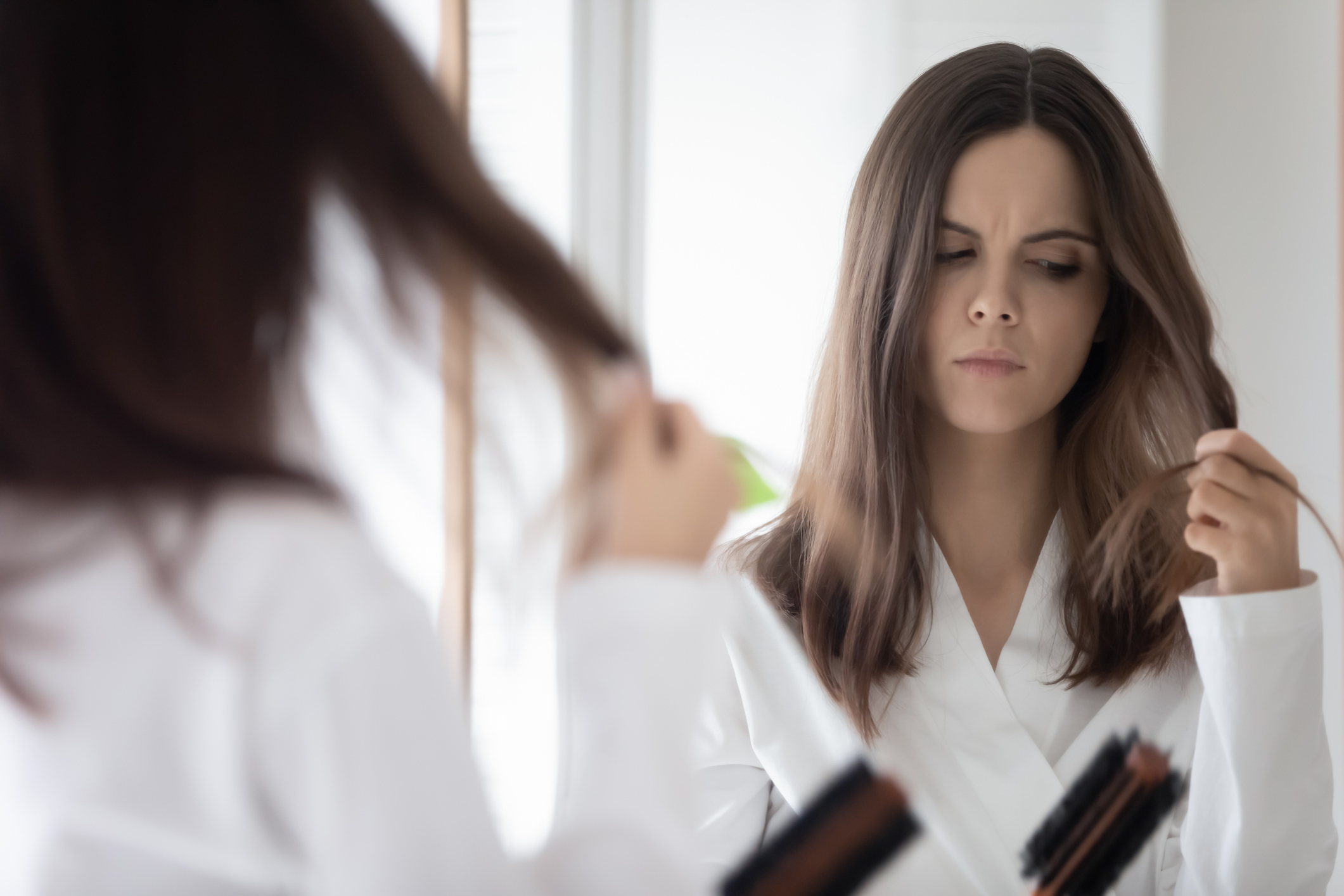Hair Loss
Hair Loss typically begins on your head but can also affect other areas of your body, sometimes your entire body. Roughly 35 million men and 21 million women suffer from hair loss. Genetics often lead to the majority of hair loss, and it is more than likely unavoidable. However there are multiple preventative measures one can take to slow the rate of rapid hair loss. As a certified dermatologist, we are licensed and trained to diagnose and treat chronic conditions that affect our surface makeup; meaning the hair, skin and nails. Hair loss can occur at just about any age once you begin your adult life; statistics show that on average we’ll lose between 50-100 hairs each day.
Although Hair loss doesn’t really have any symptoms, it can show its ugly head in many ways. This is all dependent on what factors whether they are genetic, mental, or physical, that’s causing it. Thinning on the top of your head is more commonly found in males than in females. You’ll start to notice males with receding hair lines in their early 20s. Hair loss in women is typically found to be hereditary. You’ll start to notice hair loss as a woman after the age of 40.
Hair loss can be the leading symptom in many underlying health conditions including:
- Alopecia or Alopecia Areata
- Can occur in highly stressed individuals, your immune system attacks your hair follicles itself. You’ll see this start to occur in one or more circular patches of decreased hair loss. Topical scalp medications can be used to treat or improve the condition however there is no linked cure.
- Thyroid Disease or Hypothyroidism/Hyperthyroidism
- Thyroid disease means you have an either underactive or overactive thyroid. Meaning your body can produce too little or too much T4. This needs to be consulted by a medical professional, and one of the top symptoms or results of such is hair loss all over the scalp. It can be resolved in time with proper treatment and care.
- Ringworm
- Ringworm in the scalp region typically begins as its normal, red round bump almost like a pimple and eventually will expand in size over time. Leaving individuals with temporary patches of hair loss.
- Pregnancy/ Childbirth/Menopause
- Thinning and Shedding is quite common in females when undergoing pregnancy or even after a child is born. Hormonal changes or imbalances are one of the top leading factors in woman hair loss.
You can also find rapid Hair loss due to side effects from certain medications that treat:
- Cancer
- Chemotherapy
- Targeted Therapy
- Radiation Therapy
- Bone marrow transplants
- Depression
- Arthritis
- Rheumatoid Arthritis studies have recently shown that your immune system could attack your skin that your hair follicles reside on, causing hair loss in those affected.
- Heart issues
- Blocked arteries
- High cholesterol
- High blood pressure
- Diabetes
Physical or Psycho-emotional factors can include
Anxiety and Stress
Typically have similar reactions.
Trichotillomania Disorder
Compulsive hair pulling disorder is known as a long term mental disorder where someone becomes anxious enough that they want to pull out their hair.
Telogen Effluvium
Stressful situations can cause your hair growth to push itself to a halt, or put your follicles into and R&R phase so that they stop continuing to regenerate.
Excessive weight loss
Unwanted or excessive changes in diet/weight loss can play a leading role in hair loss.
Death of a loved one
Death of a loved one can cause stressful reactions to the body including hair loss
Hair Treatments
Can the at-home hair treatments and experiments and consult a real professional! Although it may be less costly, the long-term effects are far worse than spending a few extra bucks to get your hair professionally done. You really never know what chemicals and toxins you’re putting on your hair unless you are a licensed and trained hair care professional.
Common treatments
The most widely used treatment for hair loss in both males and females is called Rogaine. Rogaine is the only topical solution that is approved by the FDA for hair regeneration and to prevent loss. Other treatments have been used in the past, ones that are commonly known is a hair transplant, or “Follicular unit transplantation”. A hair transplant is when your hair follicles that are able to generate the most amount of growth are removed from your scalp and then strategically placed to a separate area where growth may be near impossible. Tips to naturally start up the hair re-growth process include the usage of coconut oil treatments, scalp massage, Aloe Vera, Viviscal vitamins, Fish oil supplements, Rosemary oil treatments, and Ginseng.
Other remedies that can help to slow the process of losing your hair can work as preventative measures. This includes vitamins and other supplements like
- Biotin
- Iron
- Zinc
- Vitamin C
- Vitamin D
How can I prevent losing my hair?
Your diet is the number one thing you should look at when talking hair loss preventions. Spinach is an important source of iron, and most individuals that suffer from excessive hair loss are known to have an iron deficiency. Eggs are also known to help in re-structuring damaged hair, which is why you’ll hear about people doing an egg wash as a hair mask. Carrots provide extreme nourishment for the scalp; prunes can help if your hair lacks density and moisture. All leafy greens, fruits and fatty fish are beneficial as well. Consult with your dermatologist and nutritionist to map out what the best possible diet for you would look like to prevent these results.

